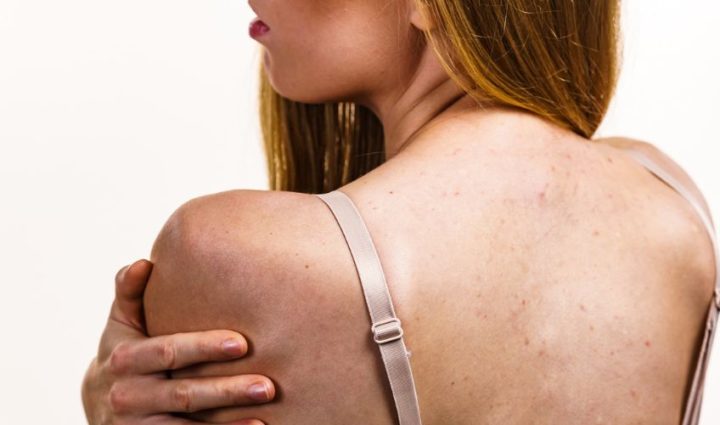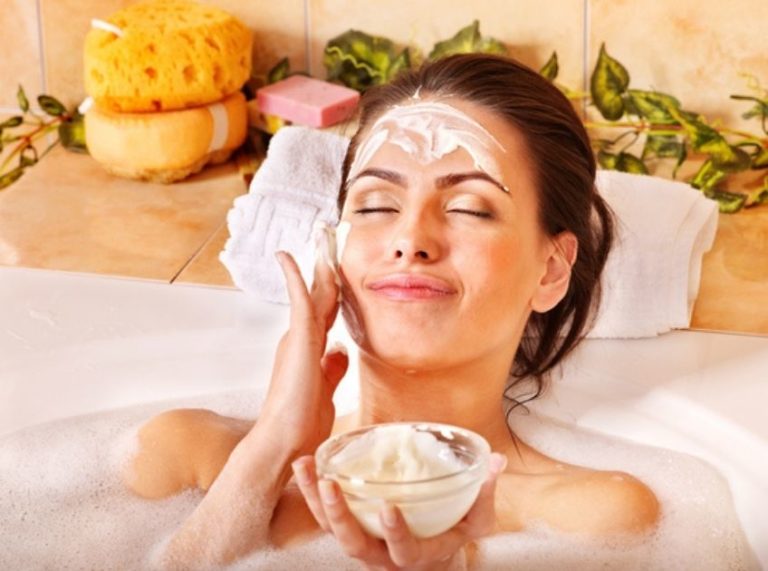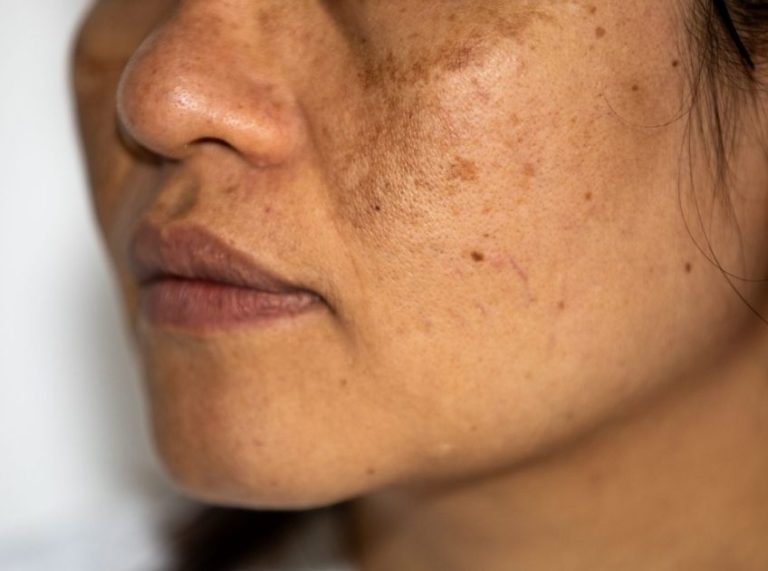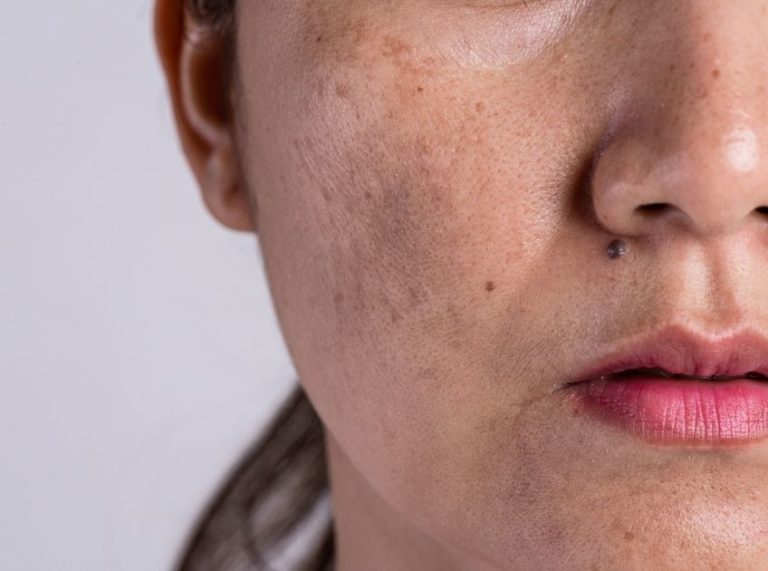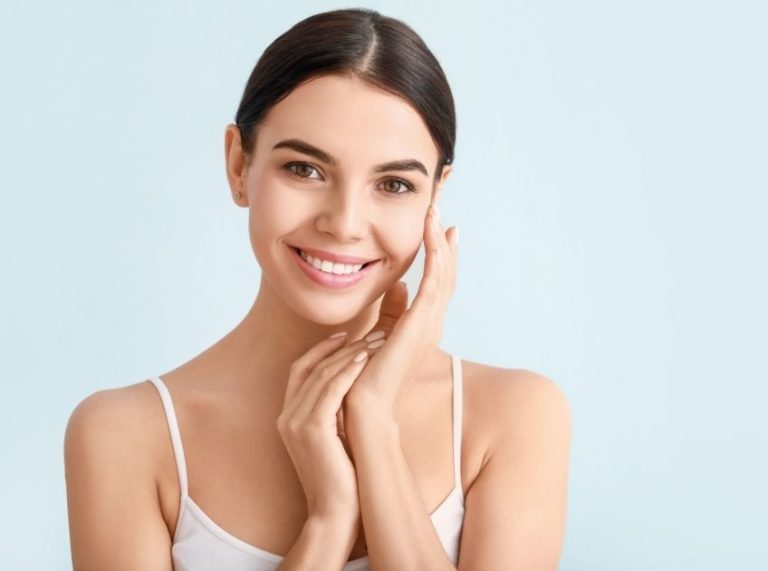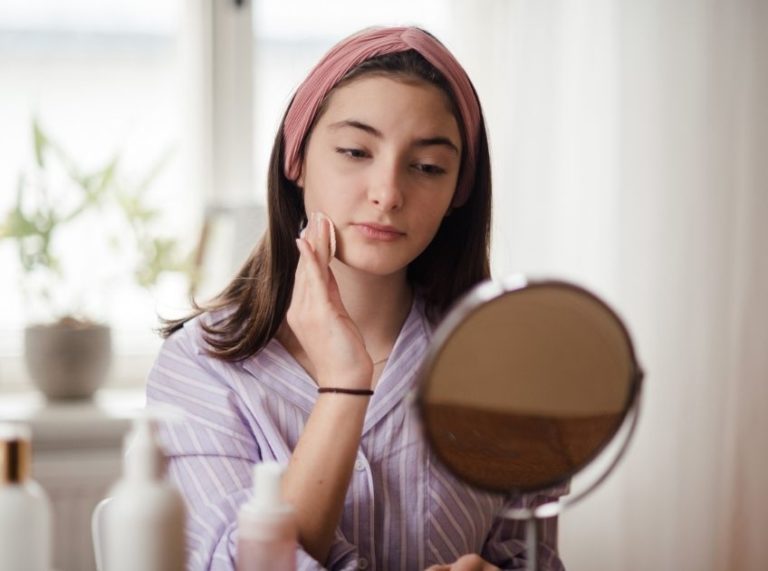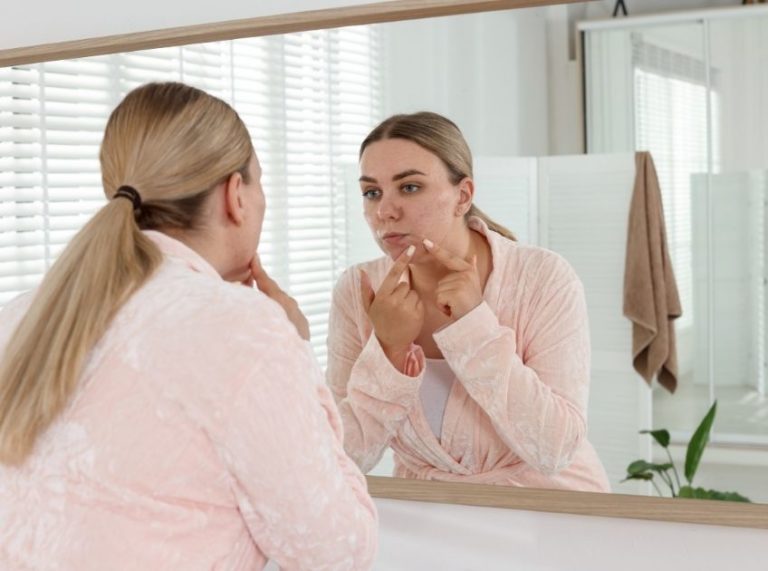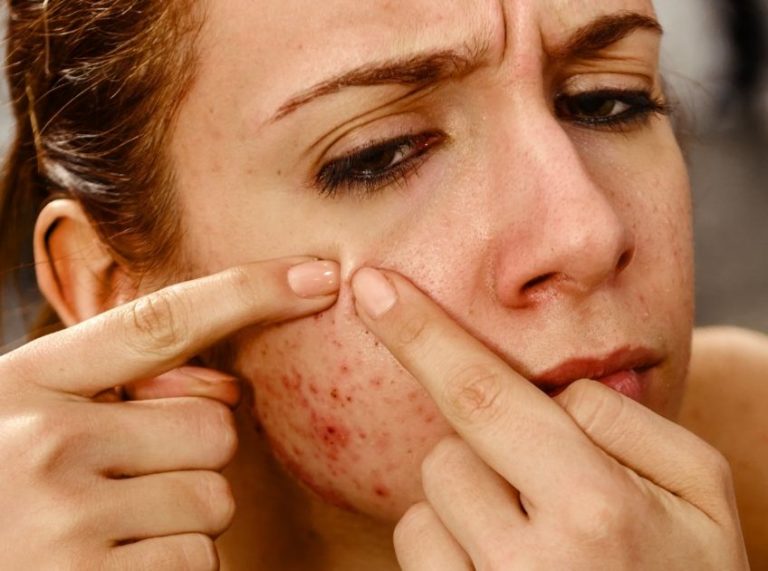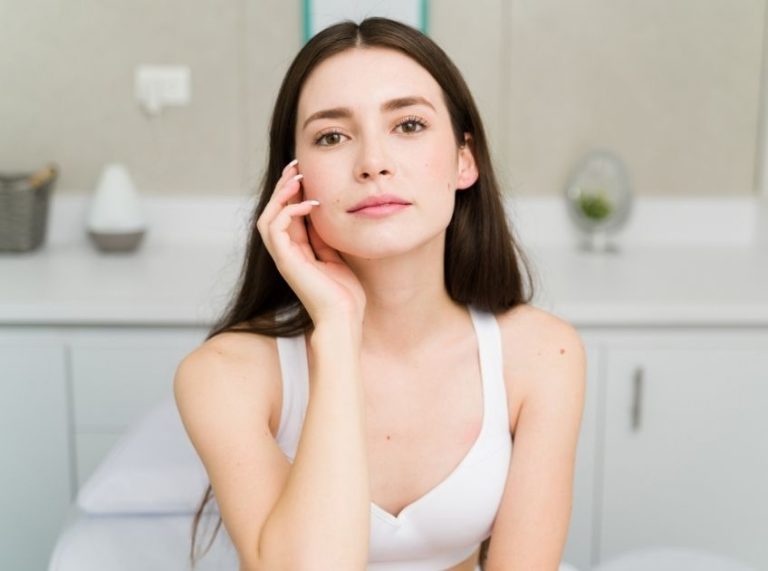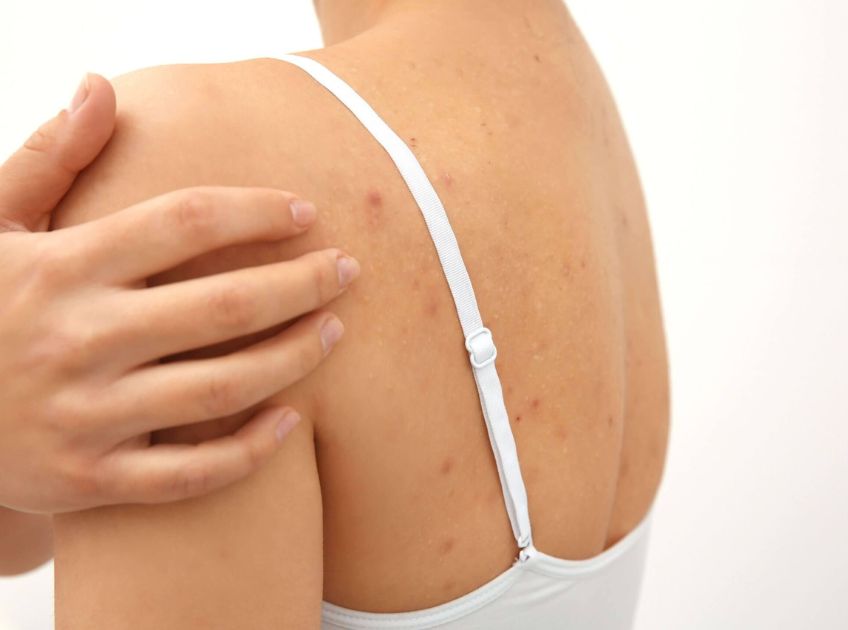
Important: This article is for informational purposes only. Please read our full disclaimer for more details.
Back blackheads — often called “bacne” — can be just as frustrating as facial blackheads, if not more. Because they form on your back, they’re harder to see and even harder to treat. However, understanding what causes them and following the right remedies can help you achieve smoother, clearer skin.
In this dermatologist-approved guide, we’ll cover why blackheads form, effective home remedies, medical treatments, and prevention tips so you can tackle them confidently.
Understanding Blackheads on Your Back
Blackheads are a type of non-inflammatory acne caused by clogged pores. When excess oil, sweat, and dead skin cells build up in hair follicles, they form a plug. When this plug is exposed to air, it oxidizes, turning dark — hence the name blackheads.
On the back, blackheads are common because this area has:
- High sebum (oil) production
- Thicker skin with more pores
- Frequent sweat accumulation due to clothing and workouts
Science Insight: A study in the Journal of the American Academy of Dermatology highlights that increased sebum production and follicular hyperkeratinization are the two primary triggers for blackhead formation (1).
Effective Home Remedies to Remove Back Blackheads
You can often manage mild blackheads at home with natural treatments and over-the-counter products:
1. Salicylic Acid Body Wash
Salicylic acid is a beta-hydroxy acid (BHA) that penetrates deep into pores, dissolving oil and dead skin buildup.
- Use a 2% salicylic acid body wash 3–4 times per week.
- Focus on gently cleansing after workouts to prevent clogged pores.
2. Exfoliate Regularly
Gentle exfoliation helps remove dead skin cells before they clog your pores.
- Use a soft loofah or exfoliating scrub once or twice a week.
- Avoid harsh scrubbing, which can irritate skin and worsen breakouts.
3. Tea Tree Oil
Tea tree oil has natural antibacterial properties that reduce acne-causing bacteria.
- Dilute 2–3 drops with a carrier oil and apply directly to blackhead-prone areas.
4. Clay Masks
Clay masks absorb excess oil and impurities from deep within your pores.
- Apply once a week to your upper back for smoother skin.
Pro Tip: Wear loose, breathable clothing and shower immediately after sweating to reduce oil buildup.
Medical Treatments for Stubborn Back Blackheads
If home remedies aren’t enough, dermatologists can offer advanced solutions:
- Prescription Topicals: Stronger salicylic acid, benzoyl peroxide, or retinoid creams help unclog pores.
- Chemical Peels: Mild peels with glycolic acid or lactic acid exfoliate dead skin and reduce blackheads.
- Microdermabrasion: A non-invasive treatment that polishes the skin and clears clogged pores.
- Laser Therapy: Reduces oil production and prevents future blackheads.
Clinical Insight: According to a study in the Journal of Cosmetic Dermatology, topical retinoids significantly reduce blackheads by normalizing skin cell turnover and preventing blockages (2).
Should You Pop Blackheads?
Short answer: No.
Popping blackheads might feel tempting, but it can:
- Push debris deeper into the skin
- Causes inflammation or infection
- Lead to acne scars and dark spots
If you must extract them, see a professional dermatologist or esthetician who uses sterile tools to safely remove them.
Prevention: How to Keep Blackheads Away
Consistent skincare habits are key to preventing blackheads:
- Shower after sweating: Always cleanse after workouts to wash away sweat and oil.
- Use non-comedogenic products: Choose oil-free lotions and sunscreens that won’t clog pores.
- Change clothes frequently: Avoid wearing tight, sweaty clothes for long periods.
- Exfoliate weekly: Prevents buildup of dead skin cells.
- Maintain a healthy diet: Limit sugary and oily foods that can increase sebum production.
What Causes Blackheads on the Back?
Several factors contribute to blackheads:
- Excess Sebum: Overactive oil glands clog pores.
- Sweating & Friction: Tight clothes trap sweat, causing blockages.
- Poor Hygiene: Infrequent cleansing leads to oil buildup.
- Hormonal Changes: Fluctuating hormones increase oil production.
- Genetics: Some people are simply more prone to blackheads.
When to Seek Medical Help
See a dermatologist if you notice:
- Painful, inflamed blackheads or cystic acne
- Persistent breakouts despite home treatments
- Scarring or dark spots from repeated breakouts
Professional guidance ensures safe, effective treatments tailored to your skin.
Scientific evidence: What Research Says
Studies show that salicylic acid (3) and retinoids are among the most effective treatments for blackheads due to their ability to:
- Exfoliate deeply
- Regulate sebum production
- Prevent future blockages
Frequently Asked Questions (FAQ’S)
1. Can I use face acne products on my back?
A. Yes, most salicylic acid and benzoyl peroxide products are safe for body use, but choose formulas designed for larger skin areas.
2. How long does it take to clear back blackheads?
A. With consistent treatment, you may see visible improvements in 4–6 weeks.
3. Are blackheads on the back permanent?
A. No, with the right skincare and medical treatments, they can be managed and prevented.
Blackheads on your back may be stubborn and hard to reach, but they’re treatable and preventable with the right approach. From salicylic acid washes and gentle exfoliation to dermatologist-approved treatments, consistency is key to achieving clear, smooth, and healthy-looking skin.
